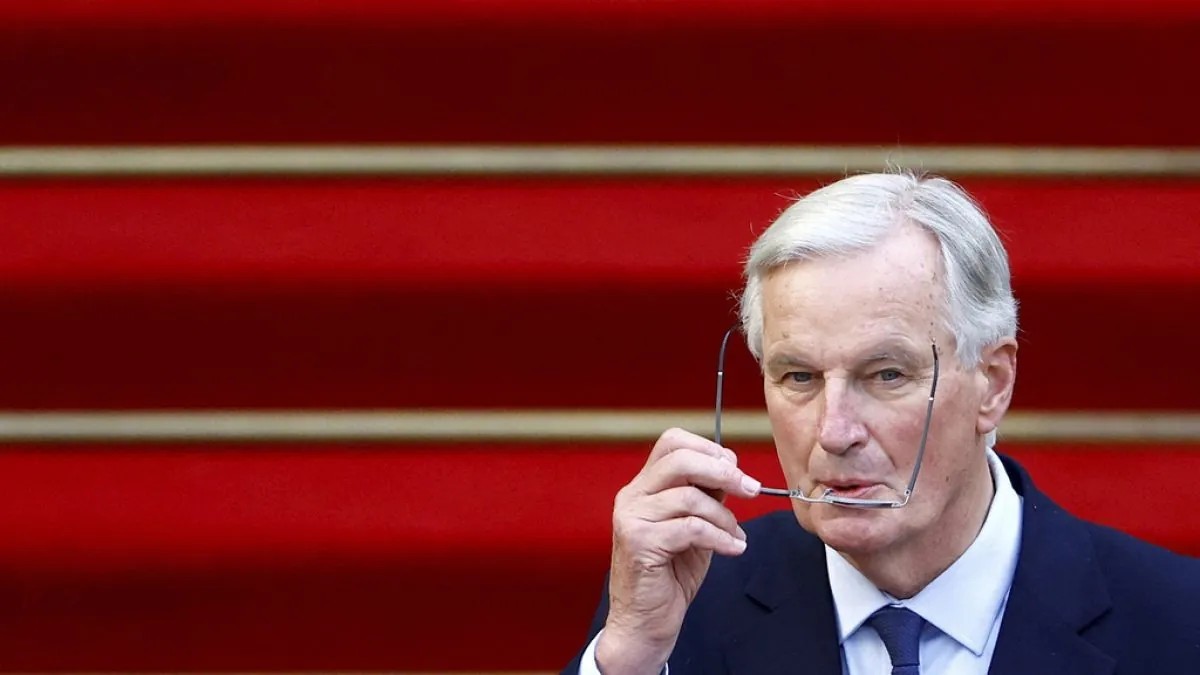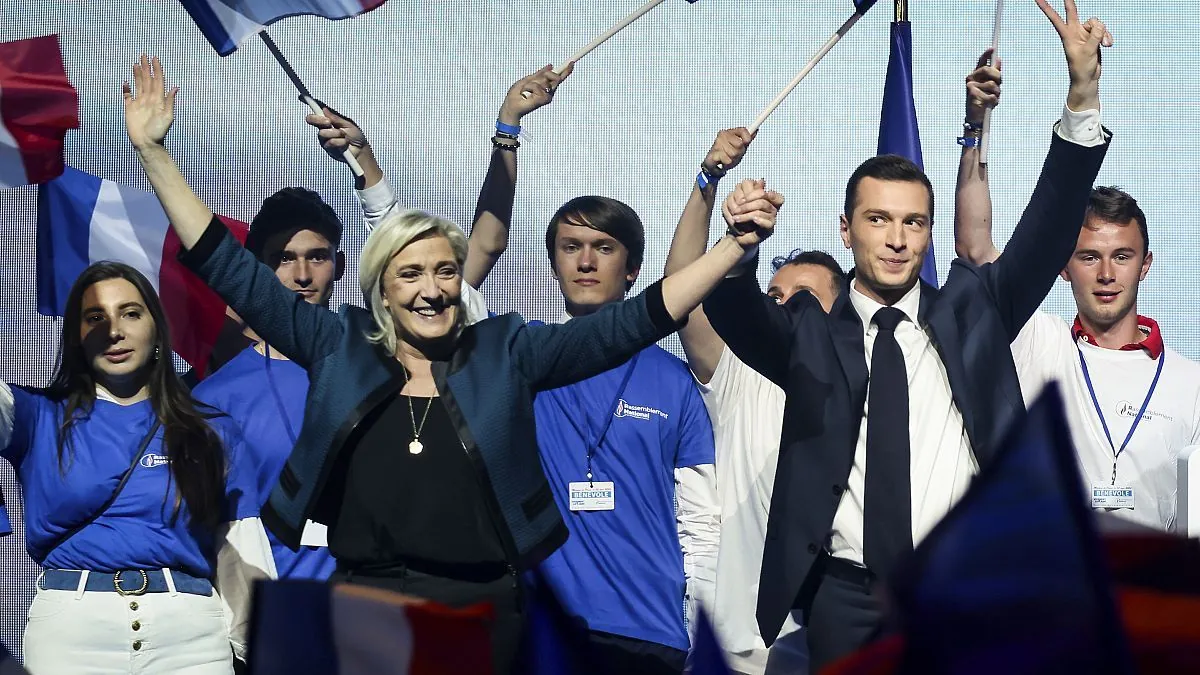Barnier's Fragile Government: A Delicate Balance in French Politics
Prime Minister Michel Barnier's minority government faces challenges but may endure longer than expected. National Rally's pragmatic approach and the left's limited power contribute to a fragile stability in French politics.

In a surprising turn of events, Prime Minister Michel Barnier's minority government in France appears to be maintaining a precarious stability, despite initial predictions of imminent collapse. This unexpected resilience stems from a complex interplay of political factors and strategic considerations by key players in the French political landscape.
The National Rally (RN), led by Marine Le Pen, finds itself in a position of potential power but with little incentive to exercise it fully. As Laurent Jacobelli, a senior RN lawmaker, stated, "We are not here to cause chaos, we are pragmatic." This pragmatism is rooted in the party's long-term strategy, focusing on the 2027 presidential election rather than short-term gains.

The RN's approach is further influenced by an impending corruption trial, set to begin on September 30, 2024. This legal challenge, involving allegations of embezzling European Parliament funds, could potentially result in severe consequences for Le Pen and her party members if found guilty.
On the other side of the political spectrum, the left finds itself in a frustrating position. Despite winning the most seats in the summer 2024 legislative election, they lack the numbers to effectively challenge the government through no-confidence motions. Pouria Amirshahi, a Green party lawmaker, described the situation as "a sort of resignation" on the left.
"The French don't like chaos. We are not here to cause chaos, we are pragmatic."
The upcoming 2025 budget bill, due to reach lawmakers by mid-October 2024, presents the first significant test for Barnier's government. The bill requires substantial spending cuts and tax increases to address a larger-than-expected deficit, a challenge compounded by pressure from the EU and bond markets.
Barnier has strategically appointed ministers who share RN's views on immigration and crime, effectively neutralizing some of the far-right's power over his administration. This approach was evident when Interior Minister Bruno Retailleau announced plans to toughen immigration laws following a high-profile incident.
However, this new political orthodoxy is causing unease among centrist lawmakers. Erwan Balanant, a member of the pro-European centrist MoDem party, expressed shock at the government's conciliatory approach towards Le Pen.
Meanwhile, President Emmanuel Macron, who became the youngest French president in history in 2017, finds his influence significantly diminished following the election debacle. The French political system, established under the Fifth Republic in 1958, is experiencing an unprecedented shift in power dynamics.
As France navigates this complex political landscape, the government's stability remains uncertain. The country's mixed economy, membership in key international groups like the G7 and G20, and long history of political protests add layers of complexity to the situation.
In conclusion, while the future of Barnier's government remains uncertain, the current political climate necessitates cooperation and progress, particularly in addressing crucial issues such as the budget deficit and immigration policies. As Balanant noted, "We need to move forward, to prepare a budget, so we have to work."


































